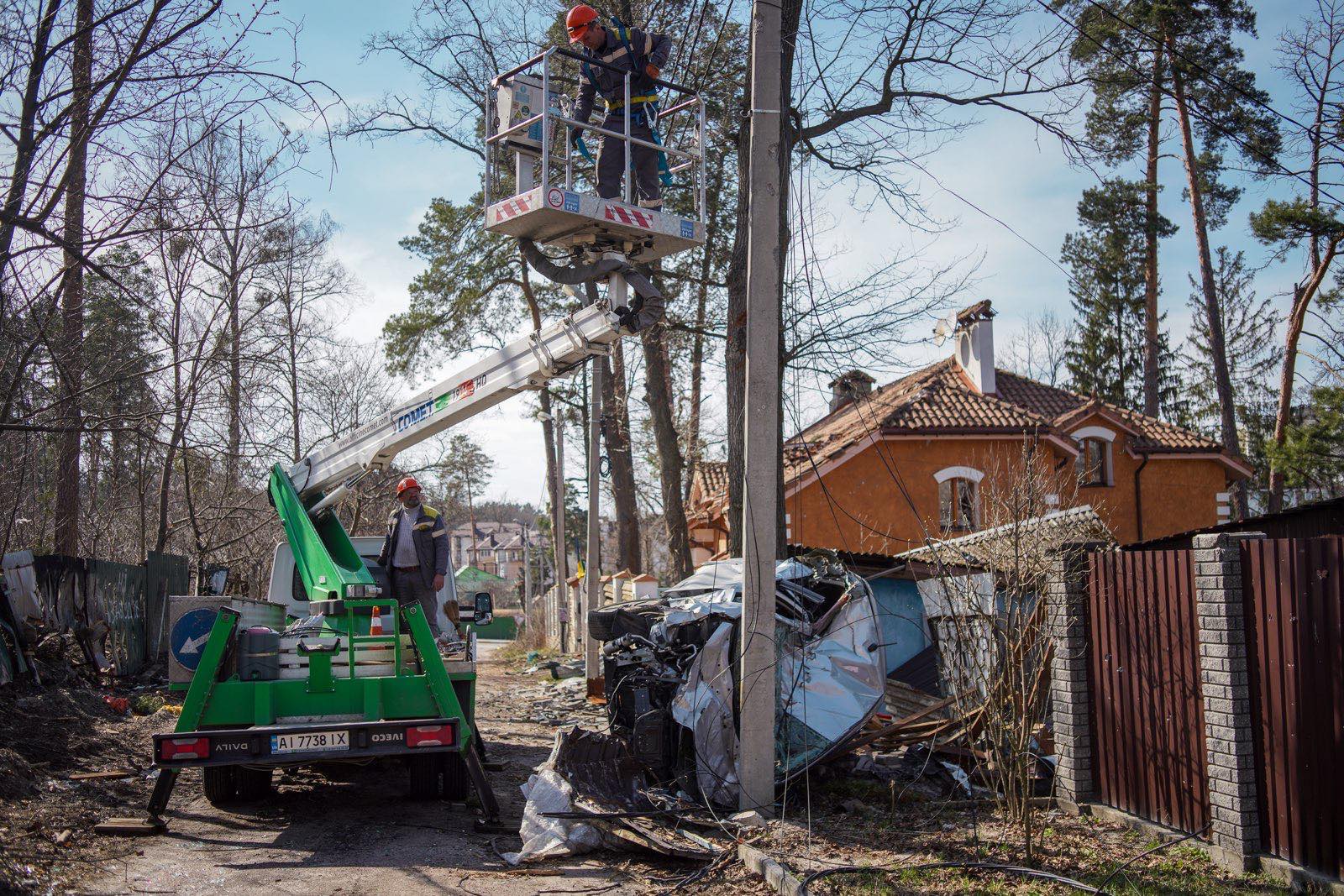Russian attacks force Kharkiv to end city heating season early

Kharkiv will switch off the city's central heating early to reduce the load on the power system, which has been severely damaged in recent Russian attacks, Kharkiv Mayor Ihor Terekhov announced on March 25.
Russia's mass strike on energy infrastructure on March 22 left almost 1.5 million people in Ukraine without power. Around 700,000 people of the affected people were Kharkiv residents.
The missile and drone attack destroyed a thermal power plant and all the electrical substations in the city, and the city has imposed scheduled power outages.
Municipal workers and energy technicians are still working to repair the damage, and "although they have partially succeeded in doing this, the shortage of electricity is still felt," Terekhov said.
The city has therefore decided to enact the "early termination of the heating system" from March 26 to "reduce the load on the power system."
"This will allow us to provide electricity to the maximum number of consumers and provide hot water to the homes of Kharkiv residents," Terekhov said. "The outside temperature is favorable."
Homes in Ukrainian cities are connected to a centralized municipal heating system that is switched on in the fall and usually switched off when temperatures rise in April.
On the morning of March 25, 401 settlements in Ukraine were cut off from power, with new power cuts in Donetsk, Mykolaiv, Sumy, and Kherson oblasts due to Russian attacks, according to state grid operator Ukrenergo.
An overnight drone attack against Odesa Oblast led to 195,000 people being cut off from electricity, Ukrenergo said.
Russia is exploiting Ukraine's air defense shortages to launch a renewed assault that aims to destroy the country's energy grid, the Institute for the Study of War wrote in their March 22 report.













